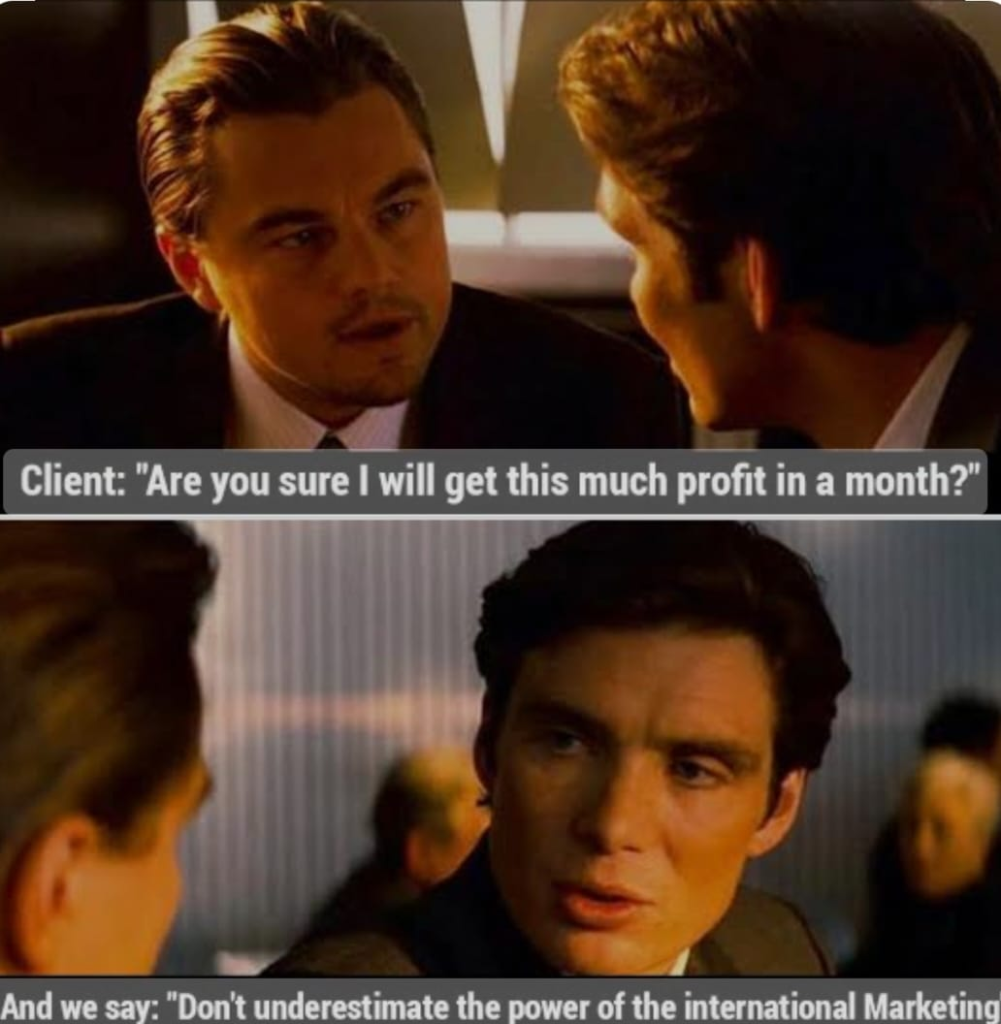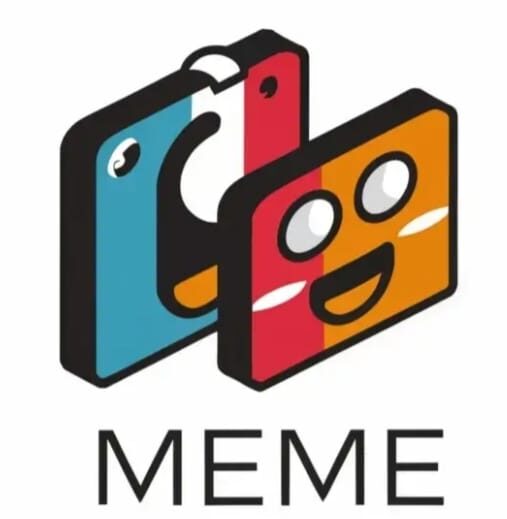ECONOMICS
Basic Economic Concepts
- Supply and Demand: Market equilibrium, price mechanism.
- Economic Systems: Capitalism, socialism, and mixed economy.

Personal Finance
- Budgeting and Saving: Importance of financial planning, managing personal finances.
- Banking and Credit: How banks operate, the role of credit, and managing debt.

Citizenship
- Rights and Responsibilities: Civil rights, civic duties, and the role of a citizen.
- Public Policy: How policies are made, the role of government and citizens in shaping policy.

Society and Culture
- Social Institutions: Family, education, religion, and their roles in society.
- Social Stratification: Class, caste, and social mobility.

OPPURTUNITY COST:-
Every decision we make involves a trade-off. When you choose one option, you give up the opportunity to have something else. This sacrificed alternative is known as the opportunity cost. It’s important to consider the opportunity cost before making a decision to ensure you’re making the best use of your resources.

MARKETS AND COMPETITION:-
A market is a system where buyers and sellers interact to exchange goods and services. This can be a physical marketplace like a grocery store or a virtual marketplace like an online retailer. Competition occurs when multiple sellers offer similar products or services. This competition drives innovation as businesses try to differentiate themselves and offer better deals to attract customers. It also helps to keep prices fair and efficient in the long run.

MONEY AND BANKING:-
Money acts as a medium of exchange, allowing us to buy and sell goods and services without bartering. It simplifies transactions and makes trade more efficient. Banks play a crucial role in the financial system. They accept deposits from individuals and businesses, then lend that money out to others who need it. This process helps to circulate money throughout the economy. Banks also offer other services like checking accounts, money transfers, and investment options.

GROSS DOMESTIC PRODUCT:-
Imagine measuring the total economic activity of a country. That’s what Gross Domestic Product (GDP) does. It represents the total monetary value of all final goods and services produced in a country within a specific period (usually a year). It’s a key indicator of a country’s economic health and growth. A rising GDP suggests the economy is expanding, while a falling GDP indicates a possible recession.

INFLATION AND UNEMPLOYMENT:-
Inflation refers to the rise in the general level of prices over time. As prices go up, the purchasing power of money decreases. This means you can buy less with the same amount of money over time. Unemployment is the state of being jobless but actively seeking work. Both inflation and unemployment are significant economic concerns that governments and central banks try to manage through various policies.

FISCAL AND MONETARY POLICY:-
The government uses fiscal policy to influence the economy through its spending and taxation decisions. For example, the government might increase spending on infrastructure projects during a recession to stimulate economic activity. Conversely, it might raise taxes during periods of high inflation to cool down the economy. Monetary policy, on the other hand, is implemented by the central bank. The primary tool used is the interest rate. By raising interest rates, the central bank makes borrowing more expensive, which can slow down economic growth and curb inflation. Conversely, lowering interest rates encourages borrowing and spending, which can boost economic activity.

INTERNATIONAL TRADE:-
Countries don’t exist in isolation. International trade allows countries to specialize in producing goods and services where they have a comparative advantage. This means they can produce those goods and services more efficiently than other countries. Through international trade, countries can access a wider variety of goods and services at potentially lower costs, promoting economic growth and global prosperity.


Leave a Reply